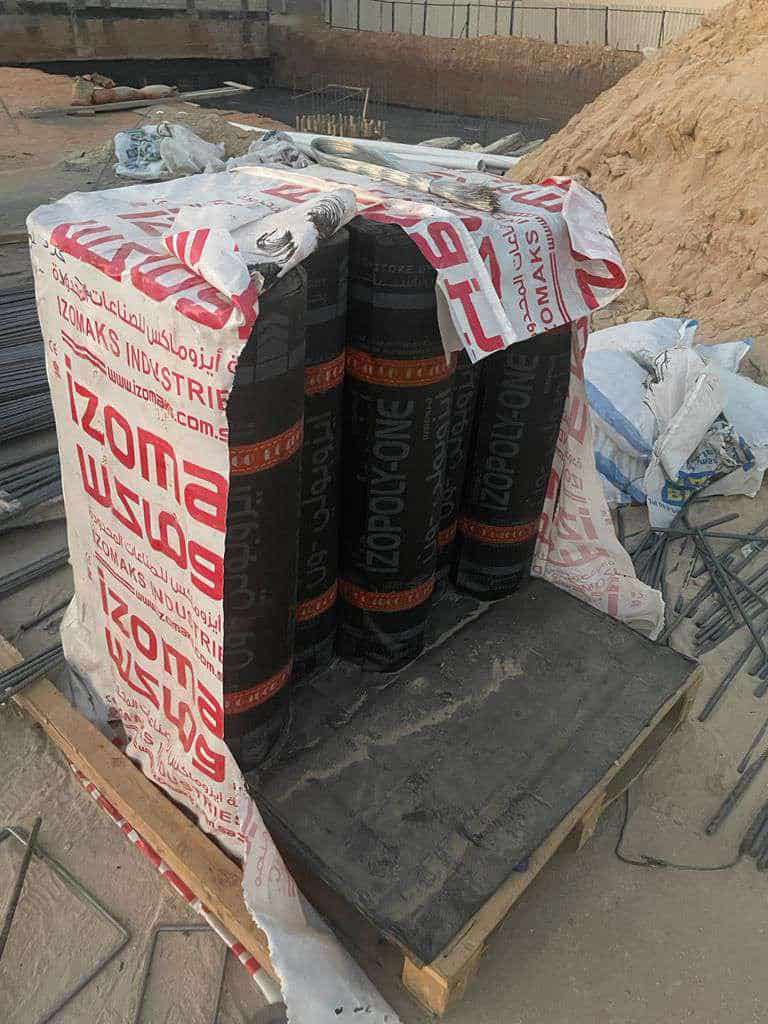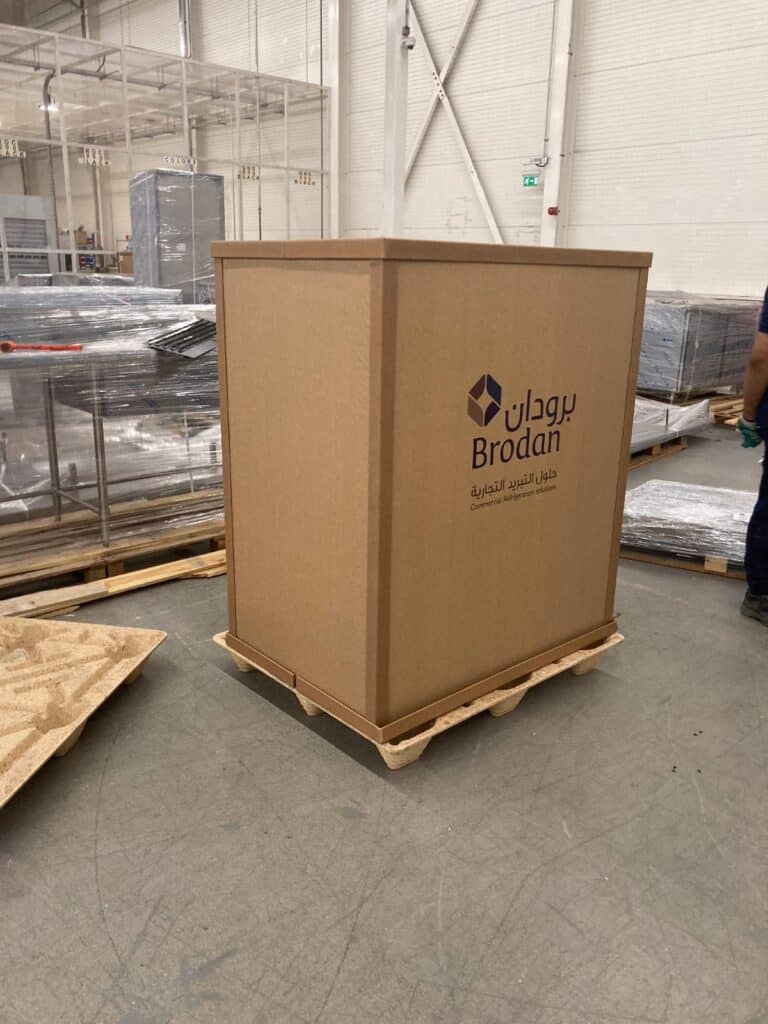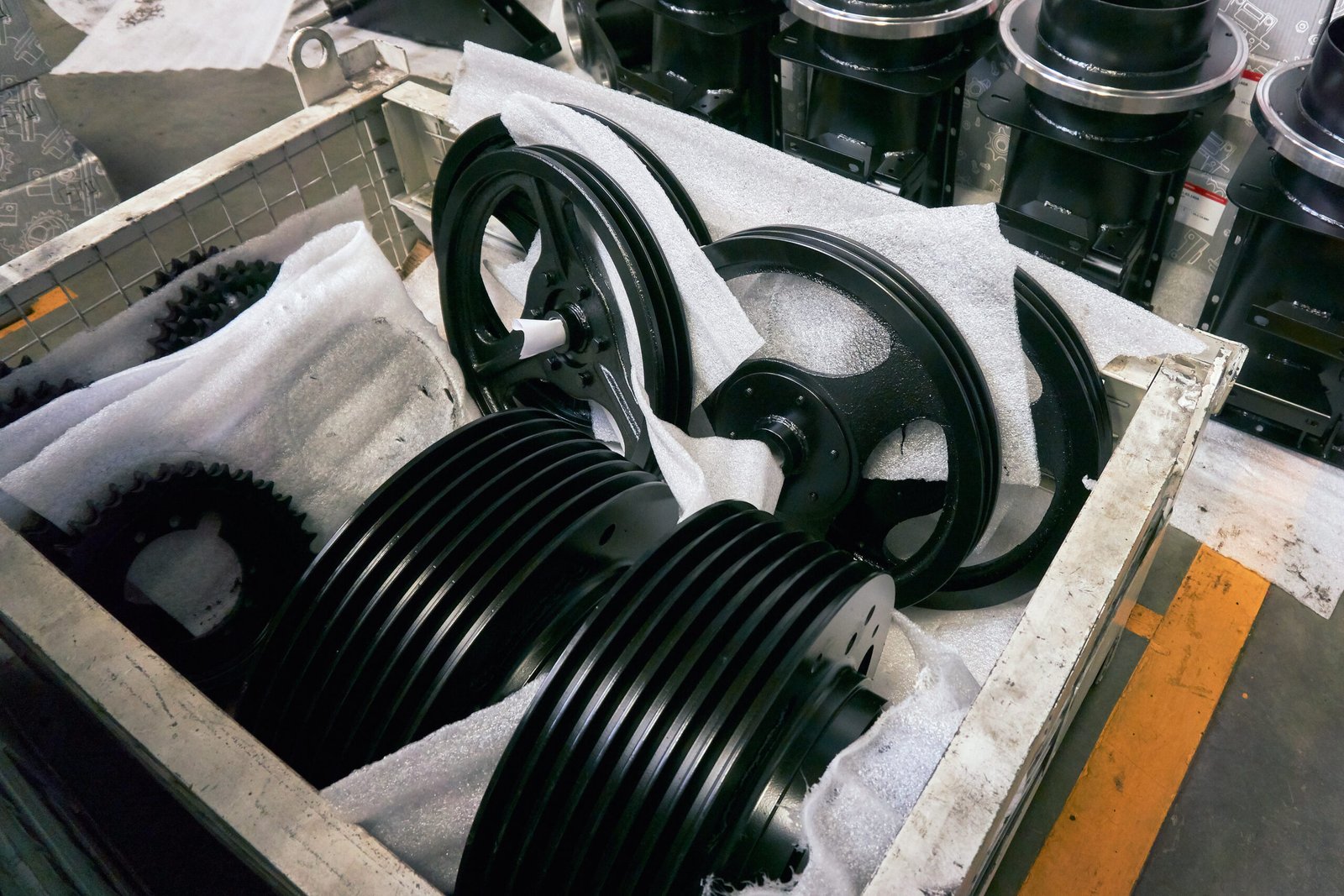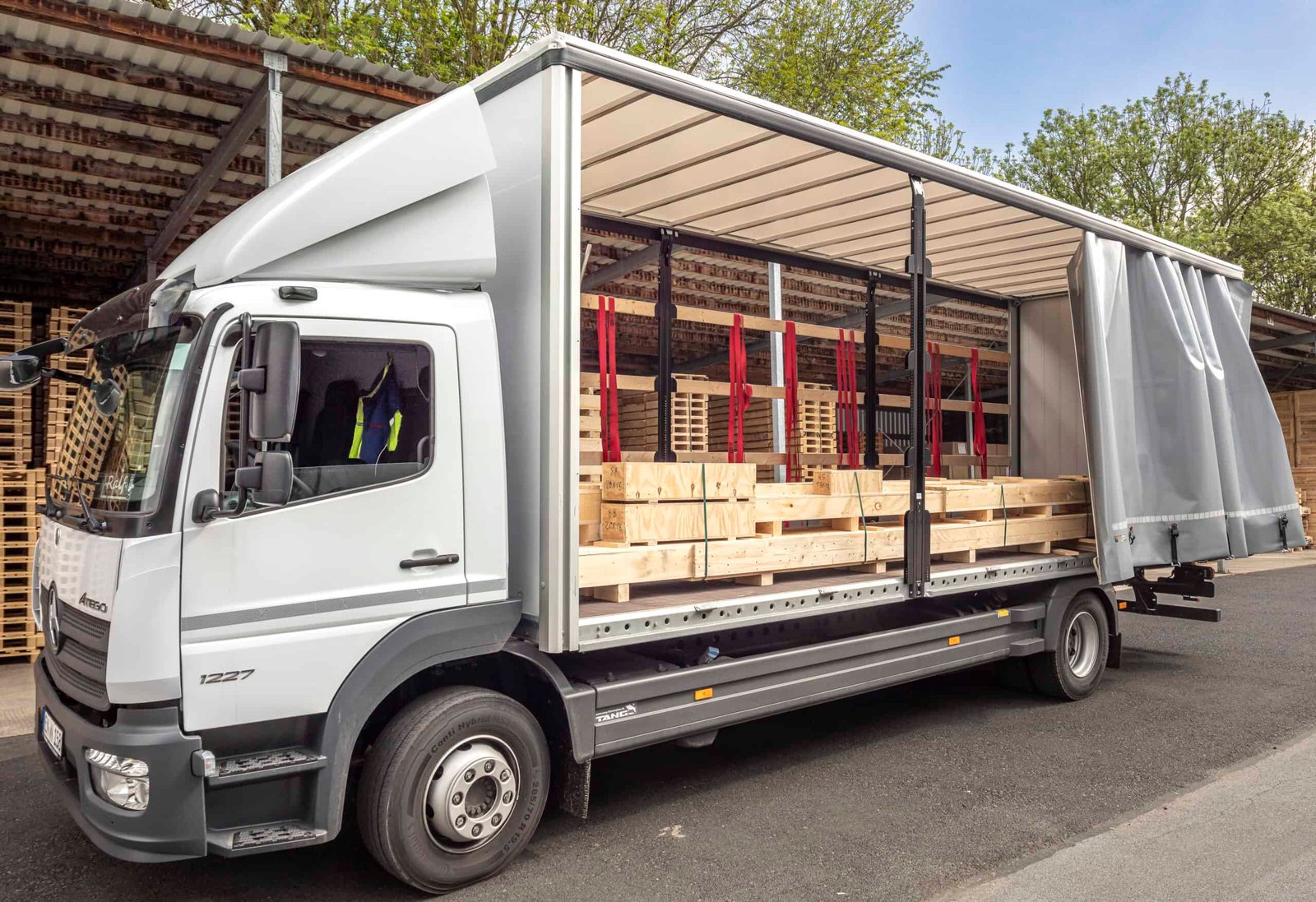5 Tips to Safely Pack Glass Windows and Doors for Transport
- Insights
- Austria, Bahrain, Bulgaria, Denmark, Hungary, Kuwait, Moldova, Oman, Poland, Romania, Saudi Arabia, South Africa, United Arab Emirates
- Construction & Heavy Machinery
- Industry solutions
Shipping large glass panels and window units takes more than just a crate. These items are heavy, fragile, and demand specialized handling. The wrong packaging can lead to cracked panes, delays on-site, and costly replacements. But with the right approach, your shipments arrive safe, stable, and installation-ready.
Here are five proven strategies to transport glass safely:
1. Use Vertical Support with A-Frame and L-Frame Crates
Always ship glass standing upright. A-frame wooden crates and L-frame pallets or racks are designed to hold glass in a vertical position, reducing stress and preventing flex during transport. This layout distributes weight evenly and helps avoid pressure points.
At PalletBiz, we build wooden A-frame and L-pallets for:
• Window and door glazing units
• Tempered and laminated glass
• Custom-sized architectural glass
With internal bracing and precise dimensions, these crates keep the load stable at every point in the supply chain.



2. Add Shock Absorption Where It Matters
Glass vibrates during transit – and that’s what causes micro-cracks. To protect it, use:
• Rubber pads or soft foam separators between panels
• Edge protectors for corners
• Anti-slip bases to stop sliding
These details matter. They absorb vibration, reduce impact damage, and keep your shipment tight and secure.




3. Strap it Right
The straps that hold your glass must be strong – but not crushing. We recommend:
• High-tensile polyester strapping for most situations
• Steel bands for extra-heavy or export loads
Straps should secure the glass vertically without bending the panels. Make sure the tension is even and the load doesn’t move when pushed.



4. Wrap for the Weather
Outdoor exposure is a threat, especially for long-distance shipping. Use protective wraps to guard against rain, dust, and condensation. Choose materials that allow some ventilation to avoid trapped moisture.
For export shipments, ask for ISPM-15 compliant packaging or compressed wood pallets – these don’t require separate heat treatment and are ready for cross-border logistics.
5. Design for the Unload
The best packaging not only protects during transit—it helps at the destination. We build glass packaging with forklift-ready bases, clear strapping paths, and easy-lift features so installers can unpack quickly and safely.
One of our clients cut unloading time by 30% using narrower top deck gaps and dedicated crane lift slots. Less time on-site, fewer breakages, better margins.



Want your glass shipments to arrive intact?
We design and deliver A-frame and L-frame packaging systems that protect fragile loads while saving time and cost.
Let’s make broken shipments a thing of the past.
Related publication

Metal Packaging: Steel Racks, Stillages, and Gitterboxes
December 17, 2025
- Insights
- Austria, Bahrain, Bulgaria, Denmark, Germany, Hungary, Kuwait, Moldova, Oman, Poland, Romania, Saudi Arabia, South Africa, United Arab Emirates
- Automotive
- Industry solutions

Just-In-Time Delivery and Agile Packaging Supply
December 11, 2025
- Insights
- Austria, Bahrain, Bulgaria, Denmark, Germany, Hungary, Kuwait, Moldova, Oman, Poland, Romania, Saudi Arabia, South Africa, United Arab Emirates
- Automotive
- Industry solutions
Would you like to know more details?
Fill in the form or ask the chatbot to establish the contact with us














 English
English Germany
Germany Hungary
Hungary Poland
Poland Romania
Romania